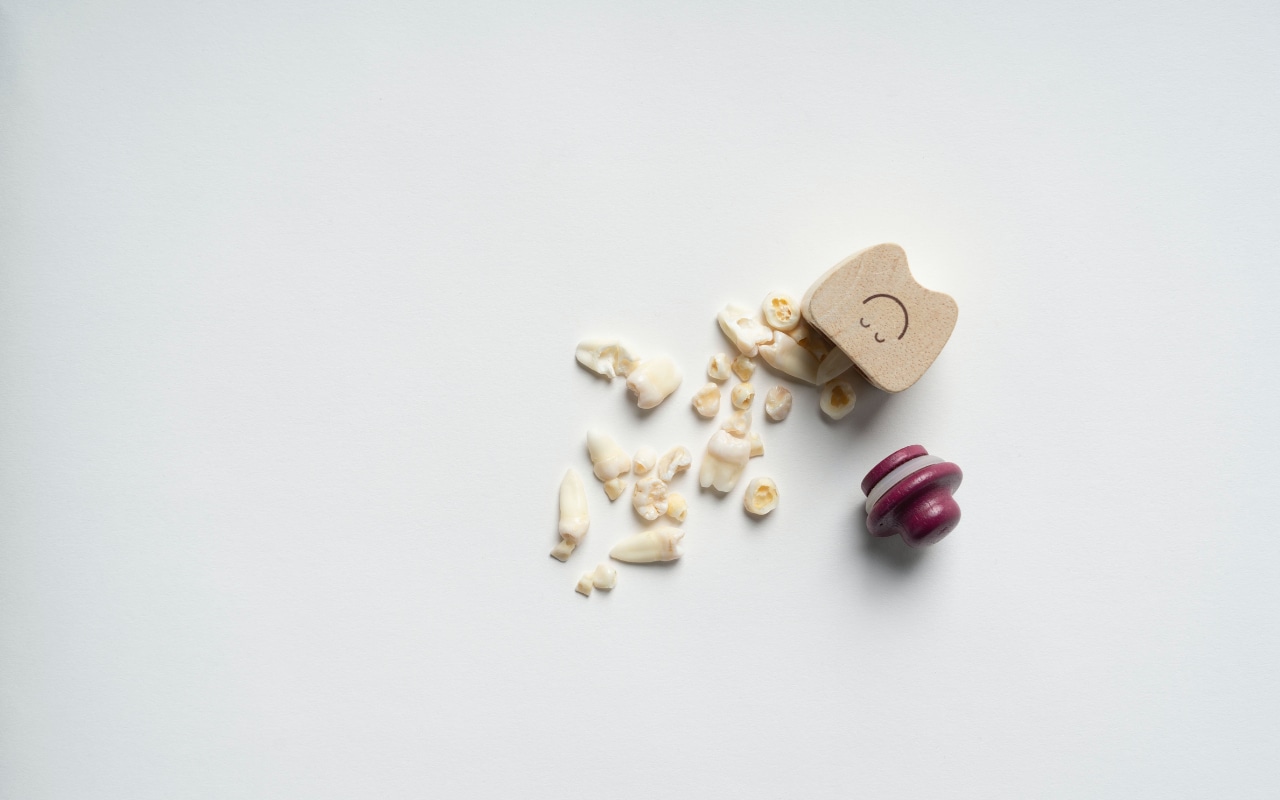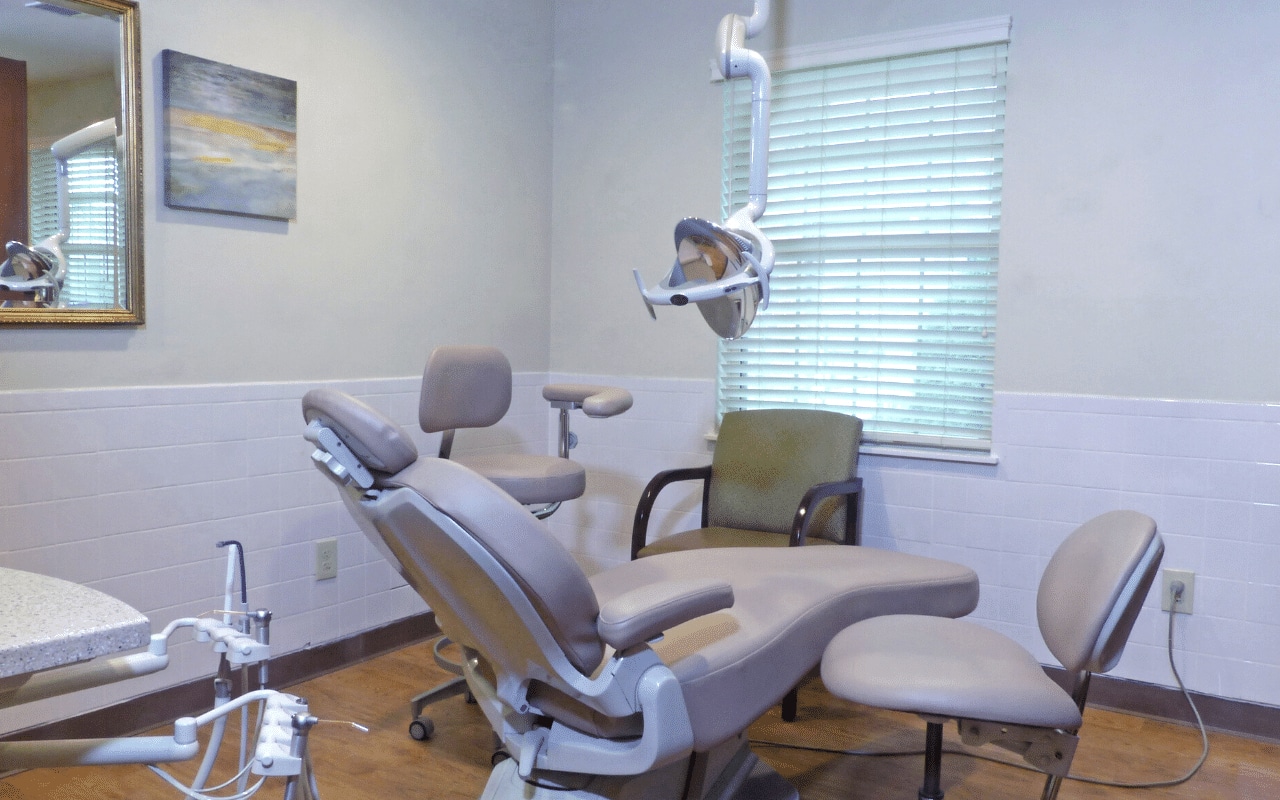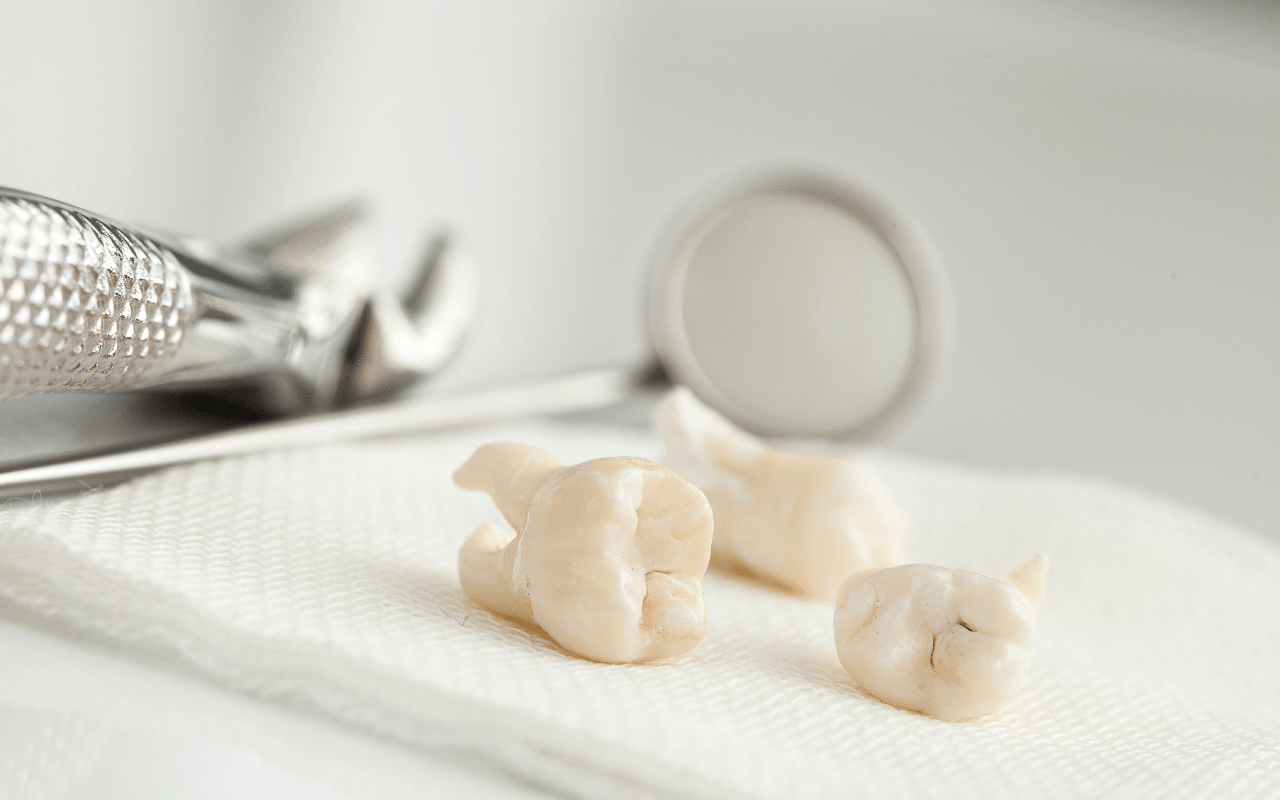Types of Cavities
The Types of Cavities
Cavities are more than simply an annoyance; they are a severe problem that must be addressed as soon as feasible. When you suspect a cavity, it is critical to determine the type of cavity so that it can be treated successfully. Today on the blog, Dr. Jinyoung Kim, the best dentist in Lexington KY, discusses the three types of cavities.
What Exactly Is a Cavity?
First, we need to discuss what is a cavity. A cavity is a hole in your tooth (also known as tooth decay or caries). Unless treated, it is an opening on the hard surface of your enamel that constantly expands. Importantly, the deeper the cavity, the more layers of your tooth are damaged.
Our Lexington KY dentist explains that the permanently injured area is also not without pain. Additionally, untreated cavities can cause significant pain and infection. An untreated cavity can eventually lead to tooth loss.
Cavities form for a variety of causes. The most common cause is a lack of dental hygiene. However, bacteria in your mouth, tooth trauma, and drinking sugary drinks can all affect the incidence and severity of cavities. That’s why it’s important to get your biannual teeth cleaning in Lexington KY.
They’re also quite prevalent. More than 90% of adults in the United States have cavities. Furthermore, more than a quarter of the population suffers from untreated tooth decay.
Cavities Are Divided Into Three Types
The position of the hole on the tooth determines the type of cavity.
1. Cavities with Pits and Fissures
Pit and fissure cavities can be found on the chewing surfaces of the teeth. They are more frequently found on the back teeth. Food particles or plaque that become lodged in the grooves and fissures on the top of the teeth can create pit and fissure cavities.
Plaque and stuck food, combined with inadequate dental hygiene, frequently result in a pit and fissure cavity.
These sorts of cavities are easily treated if found early. Additionally, our friends at Shreveport Dental Solutions, 71105 dentist, says that these are the most common that they see in their practice. Fortunately, fluoride toothpaste can swiftly eliminate an early pit and fissure cavity. However, after the cavity has reached the dentin, the decay must be removed before the cavity may be treated.
2. Cavities with a smooth surface
Smooth-surface cavities form on the teeth’s flat external surface. They are most typically found on the sides of the mouth’s teeth. These are some of the slowest-growing cavities, as well as the rarest.
Smooth surface cavities, such pit and fissure cavities, occur when people do not brush properly or on a regular basis.
3. Cavities in the roots
Root cavities are found on the surface of the teeth’s roots. They are most common in older people. This is also the group most prone to receding gums and other gum problems.
When the gums recede, the roots become visible. As a result, they are sensitive to tooth decay. This is due to the fact that they lack the strong, protective enamel that teeth have.
Contact Park Hills Today For Lexington KY Teeth Cleaning
The best way to avoid cavities is of course, to maintain optimal oral hygiene. Contact our Lexington KY dentist today to book your dental cleaning. We’d love to help you get your oral health on track.








